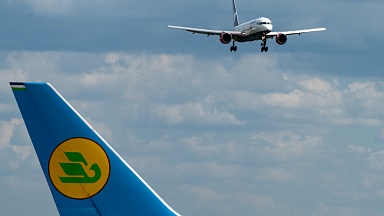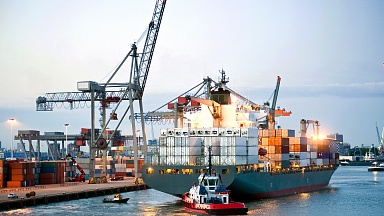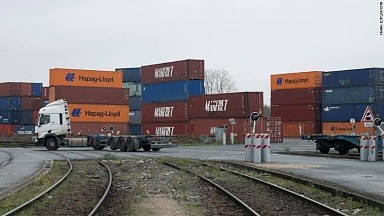Citing increased vendor costs, Maersk this morning announced that, from 1 April it would impose a €9 ($9.73) per teu «rail infrastructure surcharge» on bookings going via rail to or from Rotterdam.
It told customers: «There has been a significant reduction in the Trassenförderung, a key state subsidy for the rail paths utilised by freight trains within Germany.
«This subsidy was previously factored into our vendors’ pricing strategies for 2024. However, with the reduction of this financial support, our vendors are compelled to mitigate their financial losses by introducing a surcharge.»
State support for the Trassenförderung, known as the track access charge (TAC) subsidy, was rolled back in mid-January, although the reduction was less aggressive than reports had suggested.
Expectations had been for a near-halving of the €350m of TAC subsidies, with expectations that other rail freight sector subsidies would see a similar slash in support. But when the draft proposals were published, TAC was saw a €120m cut.
For cargo owners, Maersk’s surcharge only ups the level of uncertainty surrounding European rail freight, just as the mode is seen as pivotal for the EU’s net-zero ambitions.
Last monnth, German rail operators welcomed reports that the EC was considering moving to force the break-up of DB Cargo over concerns that government support was leading to market distortion, reflecting concerns that led France’s SNCF to privatise its freight division, Fret SNCF, to avoid sanctions by the EC over its advances of €4.3bn between 2007 and 2019.
The decision has seen significant push-back, with suggestions that even if a private operator wanted to take on Fret SNCF’s routes, it was not suitably equipped, while others claim European rail freight is dependent on subsidies to compete with other modes.
A spokesperson for Die Gueterbahnen, which represents Germany’s private railroads, said that while DB itself survived on state financing, this was not true of the nation’s rail freight.
The spokesperson told The Loadstar that handing over DB Cargo’s rail freight services that were in competition with other railroads would prove «a major step forward for fair competition in rail freight transport».
But this would only be the case if those services were given to another operator, rather than to a subsidiary in the Deutsche Bahn group, a move alluded to last year.
Despite strong government support for DB Cargo, the private sector has shown itself capable of competing with the state-backed operator, having secured market share of some 59% by 2022.
Such has been the gain of private rail operators, Die Gueterbahnen told The Loadstar, the recent strikes at DB Cargo — contrary to reports — had not brought German rail freight to a standstill.




